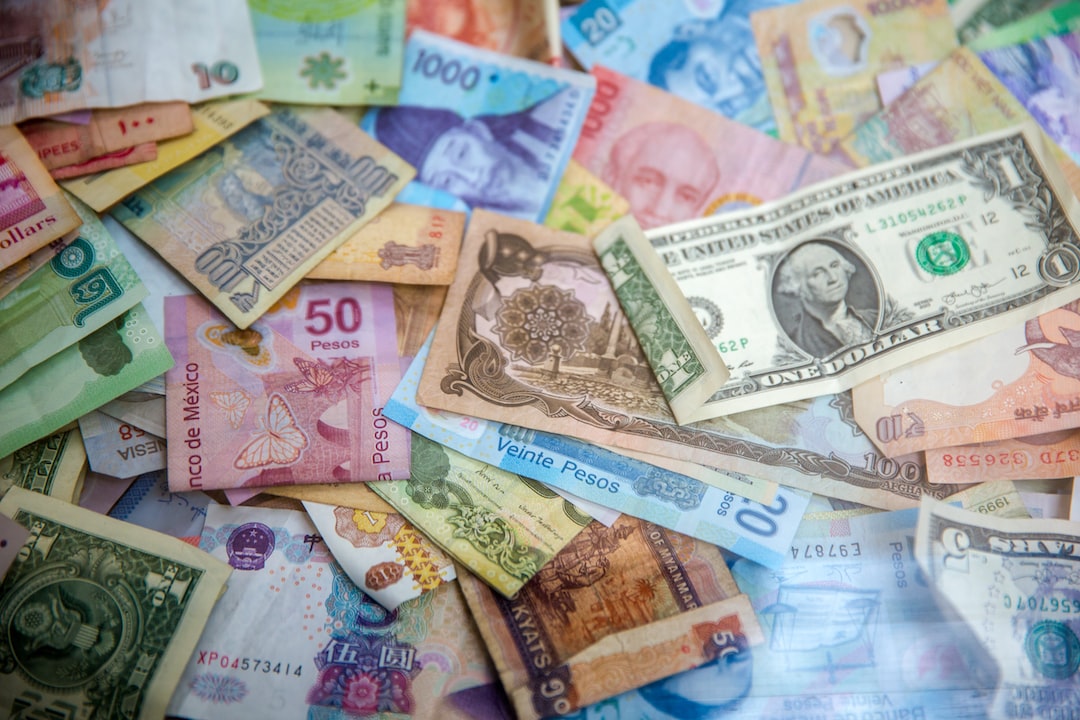The foreign exchange market, or forex market, is a global decentralized marketplace where currencies are traded. With a daily trading volume of over $6 trillion, it is the largest and most liquid financial market in the world. In recent years, forex trading has gained significant popularity in the Philippines, with more and more individuals looking to profit from currency fluctuations.
One of the key factors that can greatly impact your success in forex trading is choosing the right forex broker. A forex broker acts as an intermediary between you and the forex market, executing your trades and providing you with various tools and resources to aid your trading journey. With the abundance of forex brokers available in the Philippines, it can be overwhelming to choose the best one for your needs. In this article, we will discuss the key factors to consider when selecting a forex broker in the Philippines.
Regulation and Licensing
The first and most important factor to consider when choosing a forex broker is regulation and licensing. Forex trading involves the investment of your hard-earned money, so it is crucial to ensure that your funds are secure. In the Philippines, the Securities and Exchange Commission (SEC) is the regulatory body responsible for overseeing forex brokers. It is essential to verify whether the forex broker you are considering is licensed by the SEC. Additionally, you can check if the broker is a member of reputable international regulatory organizations such as the Financial Conduct Authority (FCA) or the Cyprus Securities and Exchange Commission (CySEC).
Trading Platform and Tools
The next factor to consider is the trading platform and tools offered by the forex broker. A user-friendly and reliable trading platform is essential for executing trades quickly and efficiently. Look for a broker that offers a platform with advanced charting tools, real-time market data, and customizable features. Additionally, ensure that the platform is compatible with your preferred devices, such as desktop, mobile, or web-based.
In addition to the trading platform, consider the range of trading tools and resources offered by the broker. Educational materials, market analysis, and trading signals can greatly enhance your trading experience and improve your decision-making process. Choose a broker that provides comprehensive educational resources and research tools to help you stay informed and make informed trading decisions.
Trading Costs and Spreads
Trading costs and spreads are also important factors to consider when selecting a forex broker. Forex brokers typically charge a spread, which is the difference between the buying and selling price of a currency pair. The spread is essentially the broker’s fee for executing your trades. Lower spreads mean lower trading costs, so it is advisable to choose a broker with competitive and transparent spreads.
Additionally, consider any additional fees or commissions charged by the broker. Some brokers may charge withdrawal or deposit fees, inactivity fees, or commission fees for certain types of trades. It is important to carefully review the broker’s fee structure to ensure that it aligns with your trading strategy and preferences.
Customer Support
Another crucial factor to consider is the quality and availability of customer support. As a forex trader, you may encounter technical issues, have questions about your account, or require assistance with trading-related matters. A reliable forex broker should offer responsive and knowledgeable customer support to address your concerns promptly. Look for brokers that provide multiple channels of communication, such as phone, email, and live chat, and ensure that their customer support is available during your preferred trading hours.
Account Types and Leverage
Consider the different types of trading accounts offered by the forex broker. Brokers typically offer various account types, such as standard accounts, mini accounts, or Islamic accounts. Each account type may have different minimum deposit requirements, trading conditions, and additional features. Choose a broker that offers an account type suitable for your trading style and risk tolerance.
Additionally, consider the leverage offered by the broker. Leverage allows you to trade larger positions with a smaller amount of capital. However, it is important to note that leverage can amplify both profits and losses. Ensure that the broker offers responsible leverage options and provides adequate risk management tools to help you manage your trades effectively.
Conclusion
Choosing the best forex broker in the Philippines is a crucial step towards achieving success in forex trading. Consider factors such as regulation and licensing, trading platform and tools, trading costs and spreads, customer support, account types, and leverage when making your decision. By conducting thorough research and due diligence, you can find a reputable forex broker that meets your trading needs and provides a secure and rewarding trading experience. Remember, forex trading involves a high level of risk, and it is essential to invest only what you can afford to lose.






